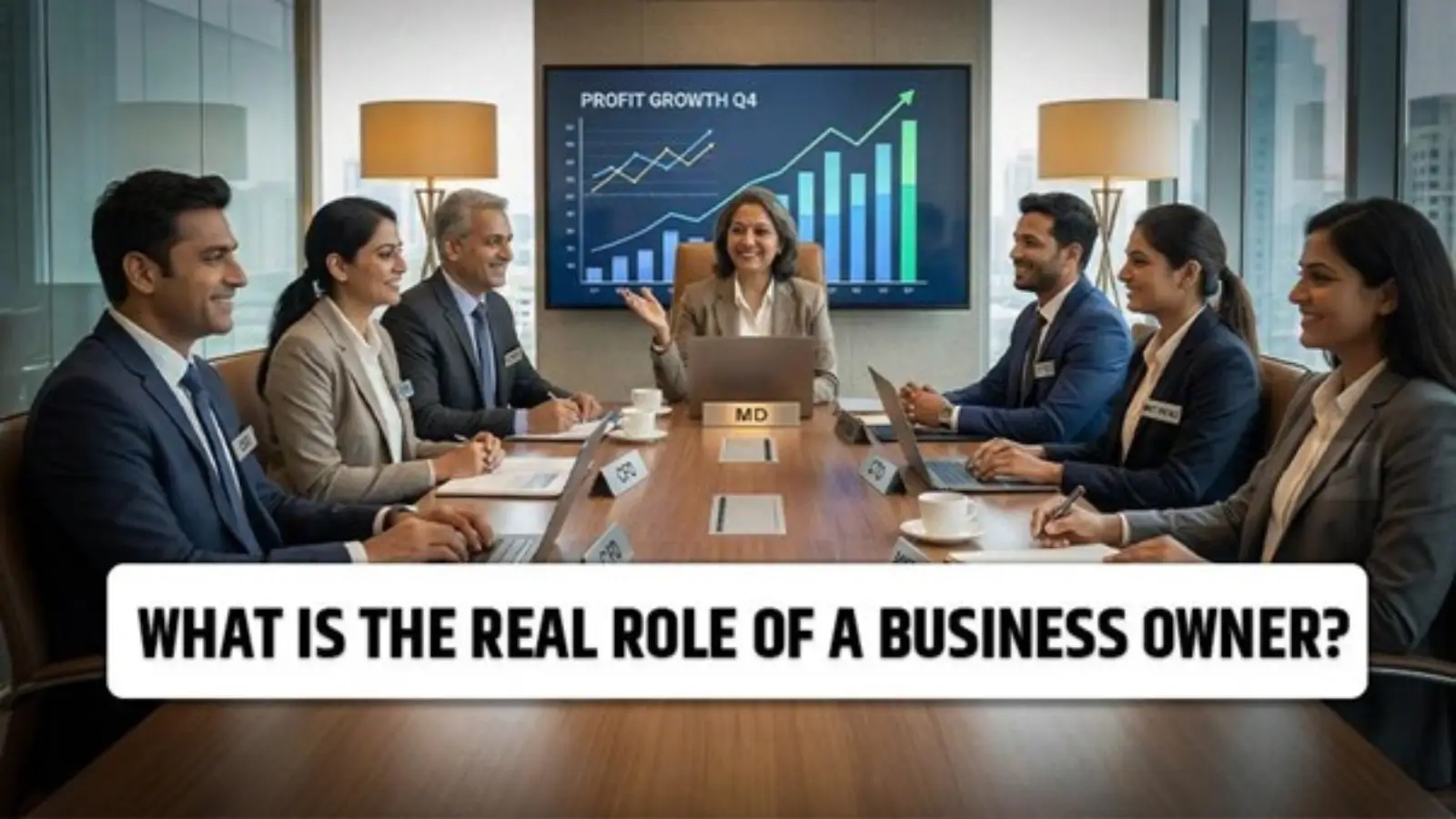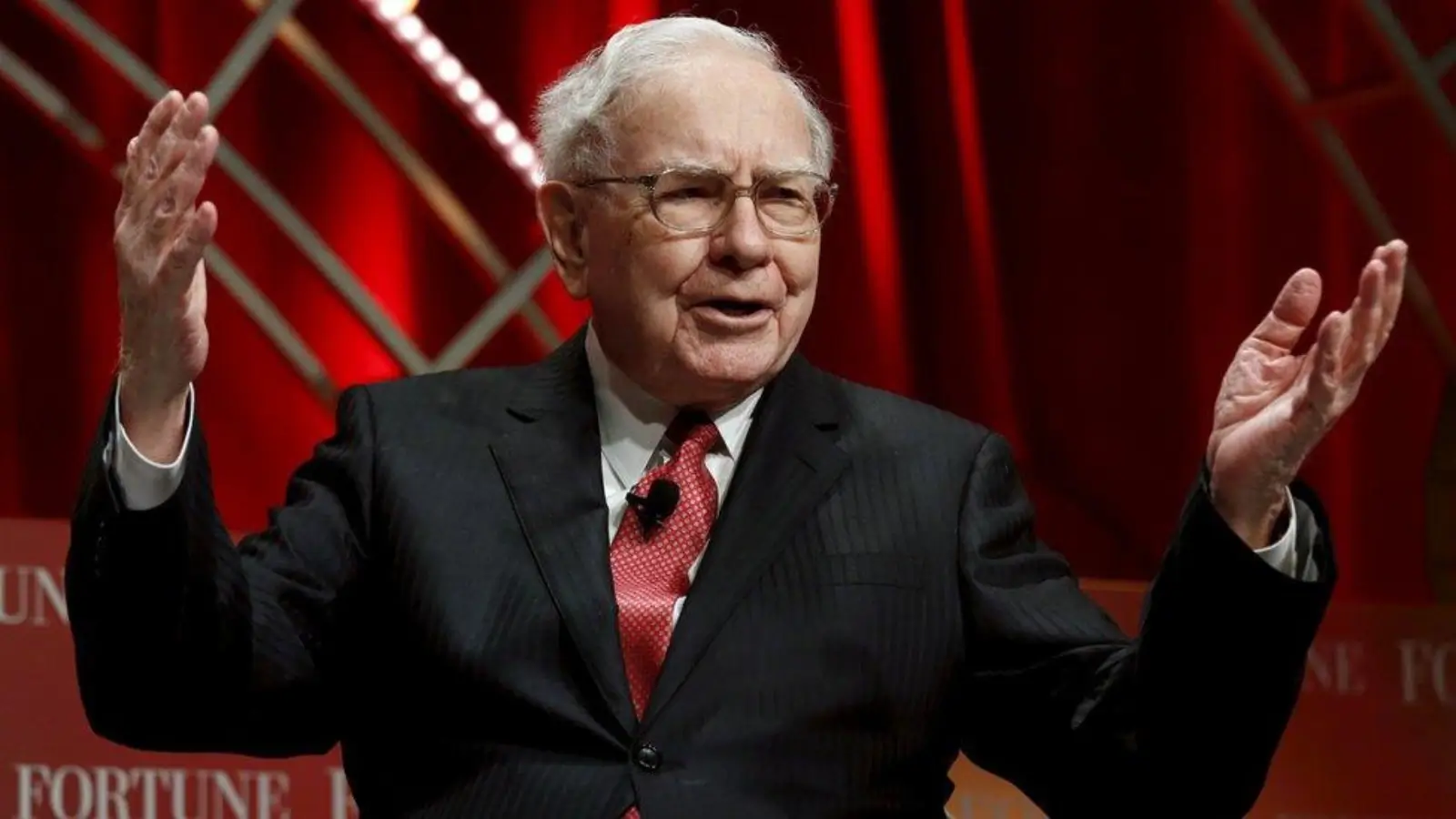The Proven Power of Personal Branding in 2025
— Personal branding is no longer optional—it’s a leadership imperative that fosters trust, credibility, and influence.

Personal branding has become the key to establishing credibility, wielding influence, and fast-tracking success. For business owners and CEOs, getting personal branding strategy right means the difference between being viewed favorably or unfavorably by customers, investors, and professional networks. If you want to take the reins on your story and build authentic relationships, now is the time to start, and you can even do so with the help of Instagram Stories' instanav (Navigation) to ensure that you show up where it matters most.
This in-depth blog post will help you understand why personal branding has emerged as a core leadership capability and outline relatable approaches based on the counsel of leading experts and Forbes research, providing a roadmap for your achievements.
Why Personal Branding Matters More Than Ever
Personal branding isn’t just a marketing strategy; it is the essence of leadership and credibility in a world defined by transparency and digital-first relationships. Here’s why the stakes have never been higher:
Distrust in Traditional Advertising
The increasing number of consumers is becoming cynical about standard ads. The fact is, 92% of business professionals trust a company when its senior management is active in, and contributes to, social media. Today’s consumer wants to connect with the person behind the brand and tends to value a genuine story more than a glossy ad.
Demand for Authentic Connections
Genuine relationships are what customers, partners, and investors are looking for. They prefer brands that convey clear beliefs and a transparent voice. When executives share their experiences, challenges, and success stories, they not only develop more personal relationships but also build brand credibility beyond product features or corporate messaging.
Executive Social Media Presence Drives Results
Forbes reports that companies with four or more active executives who use social media enjoy a 38 percent higher digital impact than those who don't. Those active leaders generate three times the volume of comments and double the engagement of corporate accounts. The executive social media profiles (not just the company pages) are what people look at now to establish trust before doing business with you.
Strategies That Truly Work
Personal branding is both an intentional art and science. Leading voices featured in Forbes offer a blueprint for strategies that sustain impact well beyond surface-level engagement.
Build on Truth, Not Trends
Amanda Quick, founder of Small Business Cultivator, stresses that authentic brands are those that last. Support Instead of chasing trends, she advises leaders to start with deep self-awareness:
-
Audit personal values, strengths, and vision.
-
Focus on what feels genuine when sharing content online or in person.
-
Partner with branding strategists only after you have identified your leadership narrative.
Her approach? “It’s not about the fluff stuff. It’s the truth of who I am and how I show up for clients.”
Embody Your Brand Consistently
Brandi Spurling, the founder of Sage Culture Co., believes in living your brand both online and offline. For her, authenticity was the ability to deliver the same message, tone, and even clothes (a signature green or blue jumpsuit) from one stage and meeting to the next.
Consistent growth compounds referrals and helps with organic growth. Spurling’s approach generated more than 85 speaking engagements directly from word of mouth, without having to pay for advertising. Your brand should reflect your professional self consistently, and clients and partners should see the same leader in every sphere.
Content Consistency Beats Perfection
Sasha Clark, partner at Clutch Creative Marketing, demonstrates that a relentless commitment to content is the secret to building momentum. She advocates for batch-creating content (e.g., filming 30 TikToks at once) and choosing action over hesitation:
-
Post frequently, even if imperfect.
-
Prioritize presence and learning over polish.
-
Hire support or use automation to maintain regularity.
Consistent posting shortens sales cycles by up to 75%, as inbound leads become increasingly qualified and engaged. This reveals the compounding effect of persistent, valuable content.
Share Bold Opinions to Stand Out
Brett Calhoun, the general partner at Redbud VC, eschewed conventional industry narratives for a record-setting exit. He constructed his brand (and fund) on challenging orthodoxy and articulating opinions that sparked discussion, even if they were polarizing.
“Looking at the world differently gets attention,” Calhoun says. By speaking his mind with a clear and authentic voice, he opened the door to more referrals from founders, investor interest, and national press coverage. Safe content is forgettable; boldness makes you memorable.
The ROI of Personal Branding
In addition to personal visibility, personal branding delivers quantifiable business benefits. Effective personal branding directly enhances digital impact, fosters strong organizations, and ultimately delivers bottom-line results.
Earned Trust and Increased Credibility
Both professionals and organizations receive the best return when credibility shifts from legalized transactions to lived experiences. Executive presence on social media showcases availability, skills, and real-world involvement. It’s this trust that’s more compelling than any old-world endorsement.
Amplified Digital Impact
Companies with engaged executive voices are 38% more likely to experience an increase in their digital share of voice. (Forbes) Content generated by executives generates three times as many comments and twice as much engagement as content from corporate channels. This variance can translate to brand recognition and love.
Faster Sales Cycles
A robust personal brand accelerates decision-making for customers and investors. Sasha Clark’s example shows sales cycles can shrink by 50-75% when inbound leads connect with a leader’s authentic voice before engaging with a product or service.
Referrals and Investor Interest
Strong leaders draw strong opportunities. Brett Calhoun’s experience is informative about how sharing bold points of view, even when they are potentially unpopular, results in additional referrals and heightens the interest of potential investors. For many investment and partnership decisions, executive engagement is becoming a prequalifier.
We can see this happen with things that are trending on the web. One example is the sudden rise of the Fappening blog, which illustrates how rapid popularity can quickly inflate online exposure and interest. Even in a changed landscape, the momentum that comes with high visibility is something personal branding could learn from, too.
Elevating Your Leadership Through Personal Branding
Personal branding is not a fad or a nice-to-have for leaders in 2025. It is a foundational part of contemporary executive presence, influencing how organizations perceive you, fostering authentic engagement, and delivering compounding returns over time.
Great personal branding doesn’t just introduce you to the world. It fosters trust, growth, and your leadership signature. The people who invest in clear, value-driven public profiles will build careers and lead organizations that thrive in a world hungry for something, for anything, real.



















